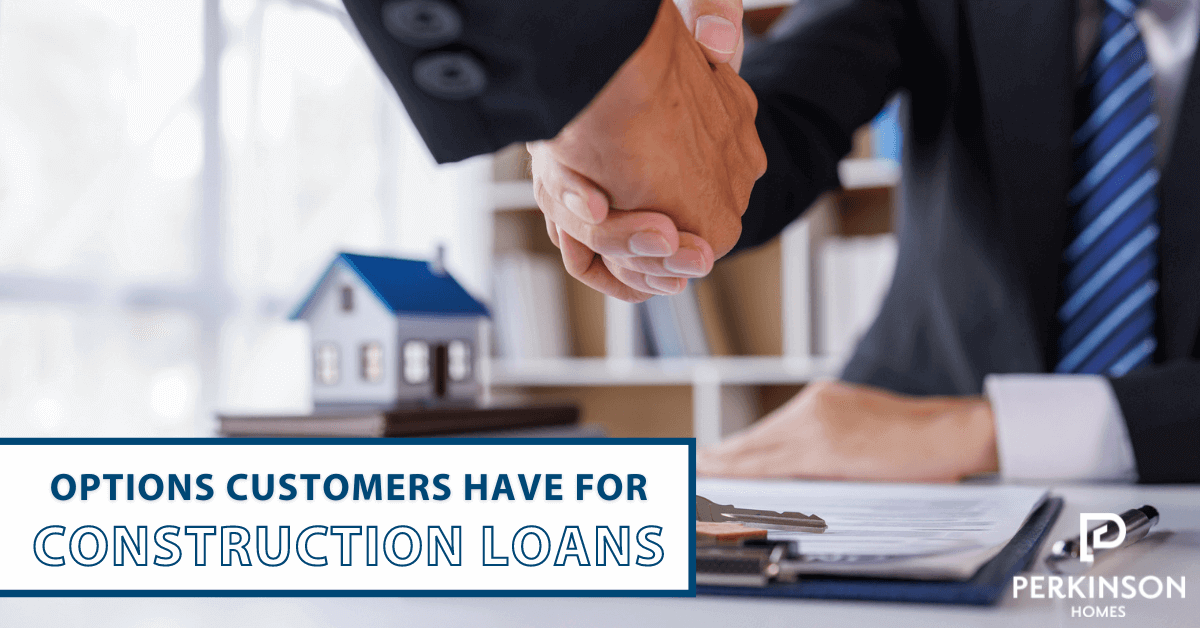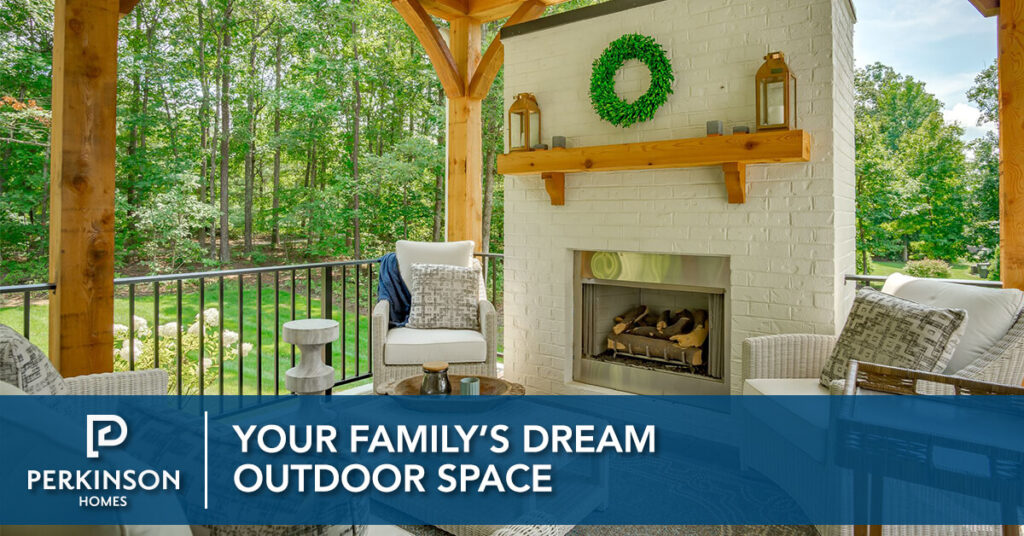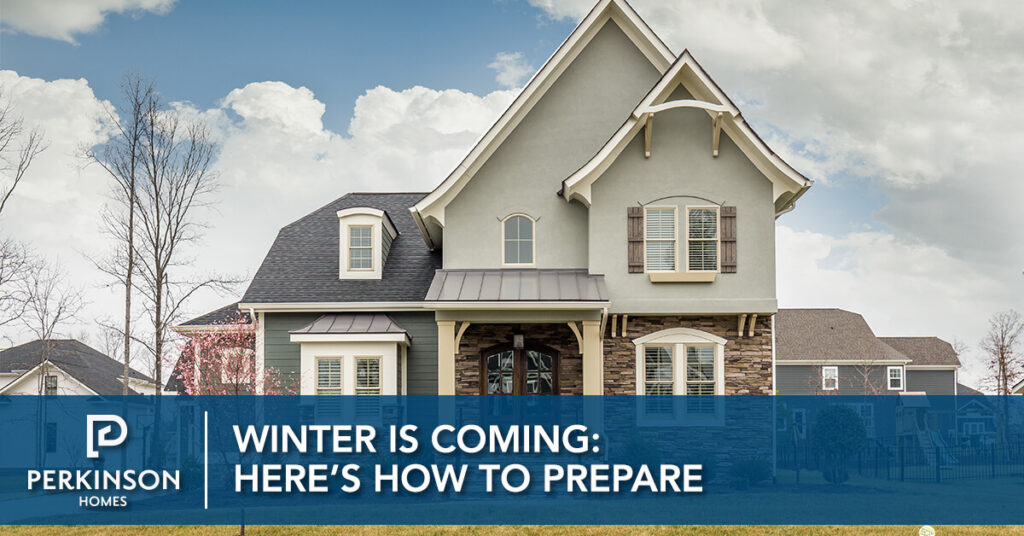As a custom home builder, Perkinson Homes understands that constructing your dream home is a journey filled with choices, challenges, and tremendous rewards. One of the critical decisions you’ll face on this journey is how to finance your project. Today, we’re here to guide you through the various types of construction loans available in Virginia, empowering you to make informed decisions and turn your dream home into a reality.
Understanding Construction Loans
Before we dive into the specific types of construction loans, let’s clarify what a construction loan is and how it differs from a traditional mortgage. A construction loan is a short-term loan specifically designed to fund the construction of a new home. Unlike a mortgage used to purchase an existing home, a construction loan provides financing to cover the costs of building from the ground up. Typically, construction loans have higher interest rates and shorter terms than traditional mortgages, reflecting the higher risk associated with financing a property that doesn’t yet exist.
Types of Construction Loans in Virginia
In the state of Virginia, aspiring homeowners have several options when it comes to construction loans. Let’s explore three common types:
Construction-to-Permanent Loan (One-Time Close Loan): This type of loan combines financing for both the construction phase and the permanent mortgage into a single package, streamlining the process for borrowers. With a construction-to-permanent loan, you’ll only need to go through the approval process once, saving time and hassle. During the construction phase, you’ll make interest-only payments on the amount drawn from the loan to cover construction costs. Once construction is complete, the loan converts to a traditional mortgage, and you begin making principal and interest payments.
Stand-Alone Construction Loan: Also known as a “two-time close” loan, this option provides separate financing for the construction phase and the permanent mortgage. With a stand-alone construction loan, you’ll need to apply for and close on two separate loans: one to fund construction and another to secure long-term financing once the home is built. While this approach may require more paperwork and incur additional closing costs, it offers greater flexibility in terms of choosing a permanent mortgage lender.
Renovation Construction Loan: If you’re purchasing a fixer-upper or planning extensive renovations on an existing property, a renovation construction loan may be the perfect solution. This type of loan provides financing for both the property’s purchase (or refinance) and the cost of renovations. Renovation construction loans often have specific requirements regarding the scope of renovations and may involve inspections to ensure that the work meets specific standards.
Choosing the Right Loan for Your Project
Selecting the right construction loan depends on various factors, including your financial situation, project timeline, and personal preferences. Here are a few key considerations to keep in mind:
– Interest Rates and Fees: Compare interest rates, closing costs, and fees associated with different loan options to determine which offers the most competitive terms.
– Down Payment Requirements: Construction loans typically require a larger down payment than traditional mortgages, so be prepared to provide a substantial upfront investment.
– Builder Requirements: Some lenders may have specific criteria for builders, so make sure your chosen builder meets any qualifications the lender outlines.
– Loan Terms and Repayment Schedule: Evaluate the terms of each loan, including the length of the construction phase, repayment schedule, and any penalties for early repayment.
– Communication and Support: Choose a lender who offers excellent customer service and clear communication throughout the loan process, ensuring a smooth and stress-free experience.
Embark on Your Home-Building Journey with Confidence
As a trusted custom home builder in Richmond, Virginia, we’re committed to helping you navigate the complexities of financing your dream home. Whether you opt for a construction-to-permanent loan, a stand-alone construction loan, or a renovation construction loan, we’ll work closely with you every step to bring your vision to life. With the right financing in place, you can confidently embark on your home-building journey, knowing that your dream home is within reach.
Ready to get started? Contact us today to explore your options and begin turning your dream home into a reality. Happy building!







